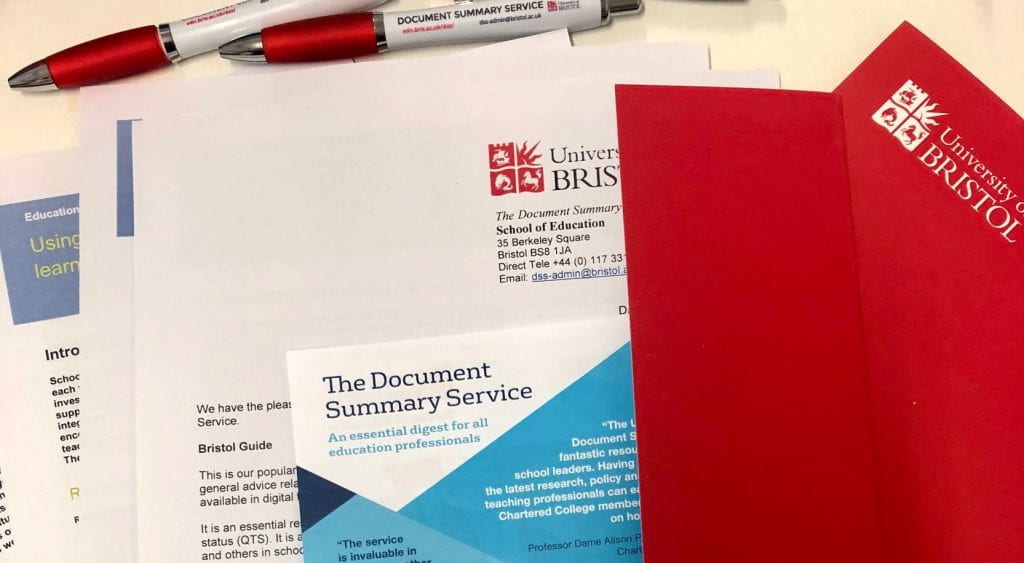 By Helen Aberdeen, Director of the Document Summary Service
By Helen Aberdeen, Director of the Document Summary Service
Greetings from my local café in Bristol, which I can now frequent to have a change of scene. The music is a little too loud, and I am slightly distracted by 3 ladies at the next table (over 2 metres away) discussing mortgages, but it is an otherwise pleasant environment in which to write a blog post.
A couple of weeks ago, we finished our rollercoaster year here at the Bristol University School of Education where I work as subject coordinator on the MFL PGCE course. We celebrated with our student teachers via a Zoom meeting with quizzes, films and awards. I the won prize for the worst Spanish accent – always good to be reminded of one’s weaknesses. Like many of you in education, we are now embarking on planning an autumn term programme amidst ongoing uncertainty.
In my other role, I continue to prepare the Document Summaries for July. For those of you who have chanced upon this blog post by accident, by chance, or in the pursuit of a welcome distraction from a tedious task…. the Document Summary Service (DSS) is our web-based subscription service based here at the School of Education. It provides monthly summaries of research and policy documents as well as an extensive archive for students or educational professionals wishing to investigate a topic. It is used by our students here and I was pleased to see reference to summaries on my students’ summer term action plans. A great resource for next year if you need to set online tasks!
In my spring blog, I shared my fear that the Document Summary Service might turn into a COVID-19 updates service. While there was indeed a high number of reports dealing with the pandemic, I was pleased that interesting research and policy documents on other issues continued to appear, so that I was able to maintain some sort of balance! Read on as I report on what subscribers have been downloading most over the past 3 months. Some articles can be read for free on our samples page and the links included here.
Of the 10 most downloaded summaries, 4 have been related to the COVID-19 pandemic and one of the 4 had top billing – a report from the Education Endowment Foundation (EEF) presenting evidence about what works and doesn’t work in online teaching. I wonder if any of you looked at the resources which were mentioned in the summary – if not, well worth checking out! Numbers 4 and 5 on the list were both concerned with the impact of the pandemic on social mobility. Number 4 is a report from the Sutton Trust – a comprehensive assessment of the key impacts, balancing an acknowledgement of the positive steps which the government has taken with a call to go further. Number 5, ‘Children of the Pandemic’ from the Institute for Public Policy Research, looks at the effect of the closure of childcare and school settings on children. It sets 3 priorities – financial security, universal digital security and access to outdoor space. Informative and insightful, but somewhat depressing to read about the litany of problems coming down the track.
Numbers 2 and 3 in the Top Ten are non-COVID-19 related. Number 2 is a report from the EEF highlighting the increasing numbers of pupils with Special Educational Needs and putting forward 5 recommendations for mainstream primary and secondary schools seeking to improve their provision for these pupils. Number 3 is yet another hit for the EEF – an informative report on metacognition and self-regulated learning. It contains some clear and helpful definitions of the concepts which helped to clear up my own haziness!
Two curricular-based reports made it into the Top Ten- one is a report on low attainment in key stage 3 maths from the Nuffield Foundation. The other is an analysis of commonly read texts in key stage 3 English classrooms which was written by my English colleague Lorna Smith.
Other reports which have made it into the Top Ten list touch on home learning during the lockdown, autism, and the reasons why young people choose to go into teaching.
I hope that the brief overview above has given you an idea of the breadth and scope of the reports which are out there! If you are not a subscriber yet, do consider joining us for the benefit of your students or staff.
Please continue to follow us on twitter @BristolUniDocs, email us here and have a great summer!
